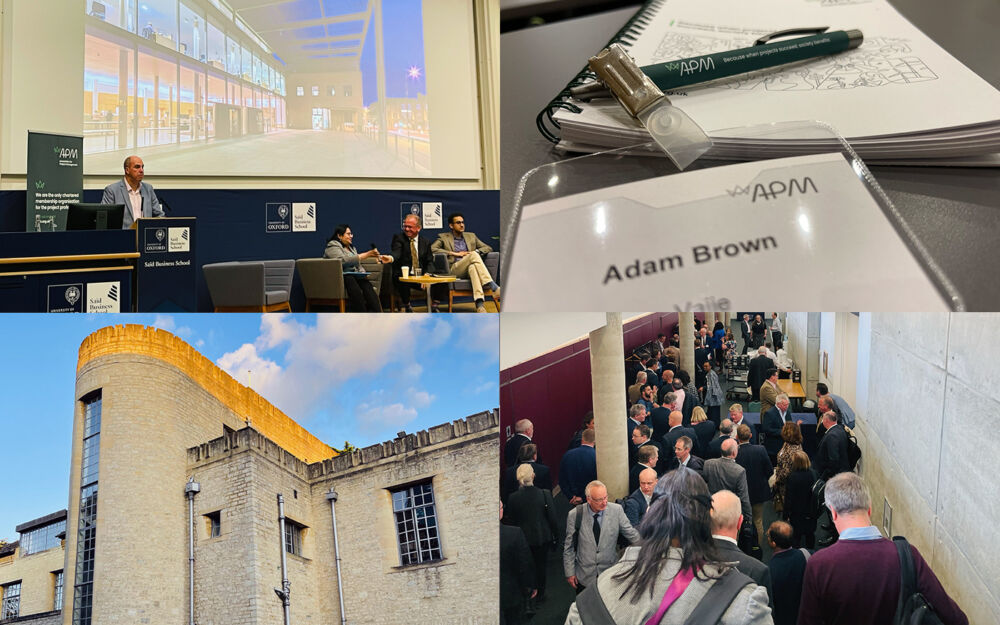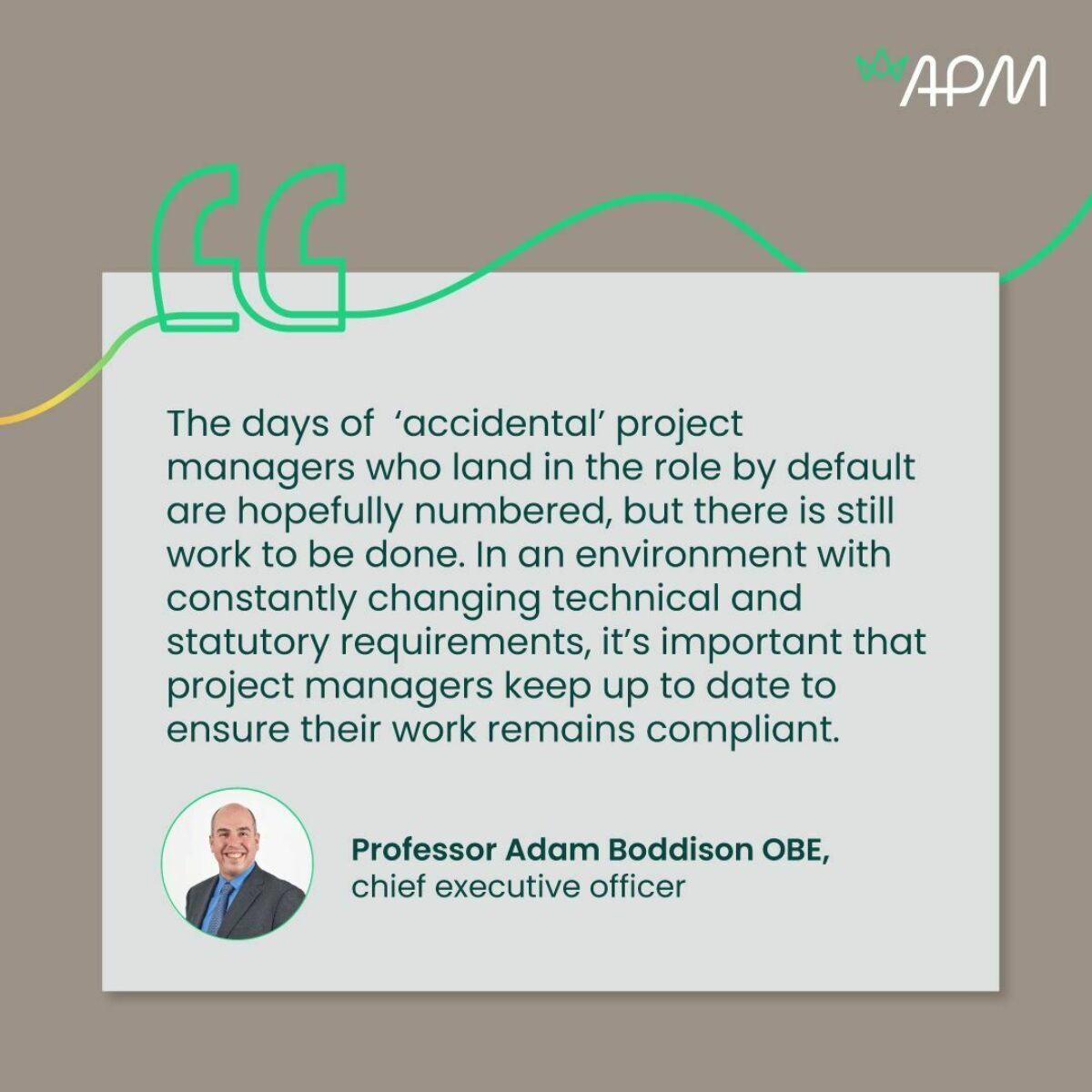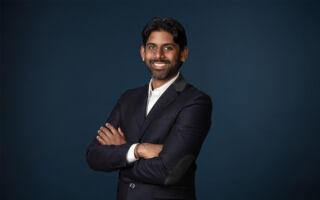Project Management: An art or a science

My career has seen me specialise in banking, finance, technology, strategy, cybersecurity, marketing, and most recently RegTech.
It’s been varied but the constant in all these areas is projects, improvements, and making a difference.
So it’s natural to me that my elevator pitch includes the words ‘project’, and while I don’t use the post-nominals, I have been awarded a Fellowship of the Association for Project Management in recognition of my advancement of the project discipline.
In May, I attended the latest APM Fellows Forum, a gathering of fellow Fellows which also included Oxford Said Business School (SBS) executives/alumni. The forum focused on delivering significant programmes better: putting research into practice, and preparing for future trends.
In the company of peers including those from banking, oil and gas, heavy industries, tech, UK Government, academia, HM Treasury, defence, aerospace, regulators and standards setters, the event challenged accepted norms and standards relating to project delivery.
Speakers, panellists and delegates discussed mega trends impacting the change profession with a dedicated focus on technology, artificial intelligence, diversity, and inclusion.

My key insights from the event
Anecdotally, the annual global spend on projects is estimated at $25-30Bn. Seriously. The same speaker claimed that from this staggering amount, only 0.5% of projects are delivered on time, within budget, and to the agreed scope. It cannot possibly be that 99.5% of projects fail, so we must reconsider these ‘legacy’ measurements and start to think about how we can do things differently and more importantly, efficiently.
Considering the long-term legacy of a project and whether it delivers social value should be a focus for project managers. They need to look at how their project enables greater inclusion. Focusing on measures that are too narrow can be a constraint. Modern projects and programmes need to find the right measures that meet these ‘legacy’ metrics but also consider organisational vision, purpose, and value.
Project managers that grew up with digital and technology-first mindsets are feeling constrained by reporting in traditional perspectives. Project sponsors are often unfamiliar with technology and are often not incentivised to accept risk, especially over the long term. There is a significant role to play in closing the generational gap and reverse mentoring presents significant opportunities.
Having the right kind of data is fundamental for each project. While the accuracy and validity of datasets can be questioned (garbage in, garbage out), tools exist to make robust business decisions based on data, past performance, modelling, and lessons learned. But who has the data, where is it, what is the quality, who is the customer, and has the data been obtained lawfully? Fundamental questions persist before we can unlock the true value of AI decision-making in projects.
When considering diversity and inclusion, project managers must remember that this is an area vital for some and valuable for all. Change professionals need to consider whether the project's legacy delivers the right policies, procedures, and environment for D&I to flourish which in turn allows firms to attract and retain the best talent. Significantly, firms need to move beyond a figurehead on the subject into one of true culture which is in itself a significant form of change.
Projects need to be modular and reusable. The concept of big singular change is a Victorian-era concept. Organisations need to understand lessons learned and project managers need to leverage the value of repeatability.
Age isn’t everything. The average age of the NASA team working on the moon landings was 27 years old. Skills, capability, determination and a common goal can lead to exceptional results.
Debate, admittedly largely among project professionals, will continue as to whether Project Management is an art or a science. For me, it’s both. Our biggest challenge as change professionals, clients, citizens, and society is our ability to respond to the rate of technological change. How we respond and the speed at which we do it will ultimately determine the winners and losers.
Managing projects at Vaiie
At Vaiie, we are used to change and reacting to external factors. While forged in Jersey, our products are delivered by a diverse team with different domain expertise. We work collaboratively with clients to understand their strategic objectives from RegTech adoption. Our modular approach to building and deploying products allows us to tailor off-the-shelf solutions that align processes to what your staff are familiar with. The adoption for end users is therefore softened and less likely to be met with challenge and resistance.
Quite simply, we are there to provide digital solutions for your business that your staff will engage with, that will help your projects run smoothly and allow you to spend your time more productively.
To find out more about Vaiie or any of our digital solutions, please contact hello@vaiie.com.
